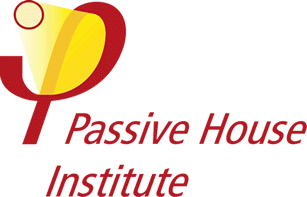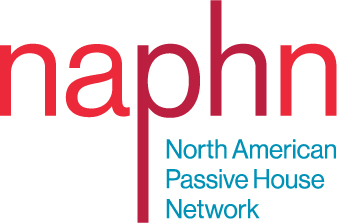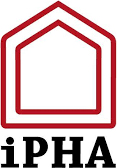Presenters:
Adam Kimble, Sales Director with Michael Ross, Senior Technical Advisor moderating Q&A (bios below)
Short description:
This presentation will focus on thermally-efficient methods for masonry cladding supports that promote the Passive House Building Standard, LEED and Green Building requirements for continuous insulation in above-grade wall assemblies that are becoming more common to continue to shift the industry toward more stringent thermal performance standards. Understanding the impacts of conventional shelf angles on energy-efficiency and cost is a critical consideration for your next building envelope design.
Learning objectives:
- What is an Energy Efficient Shelf Angle Design?
- Understanding issues with Conventional Shelf Angle Design: (1) Thermal Bridging (2) Difficult Installation (3) Costs.
- Integrating Thermally-Broken Shelf Angles provide an energy efficient, adjustable, customizable and cost-effective connection solution for your wall assembly.
- Unparalleled wall-assembly performance can be achieved by incorporating Thermal Ties or Connectors.
Presenter Bios:
Adam Kimble, Sales Director. Adam oversees the sales and marketing of all FERO products throughout North America. Adam holds degrees in both Civil Engineering and Business, and is experienced in communicating with architects, engineers, building envelope consultants and contractors at all stages of projects. Adam brings more than 20 years of senior experience in innovative construction products, particularly focused on concrete, masonry and thermal performance. Adam started his career at Lafarge where he worked in increasingly senior positions for 8 years. Prior to joining FERO, Adam was the CEO of Schöck North America where he oversaw significant growth in the North American market. He focuses on providing a technical, collaborative and relationship-based approach to FERO’s business.
Presenter/Q&A Moderator:
Michael Ross, Senior Technical Advisor. Michael oversees the design of effective and innovative structural and architectural solutions for a variety of projects. He has an MSc in Structural Engineering, specializing in concrete masonry, and has over 10 years of experience in the field of structural consulting. Michael focuses on taking a pragmatic, value-add approach to engineering. The combination of his education and consulting roles enable him to understand the needs of engineers working with our products and how to help them achieve their design goals.

























